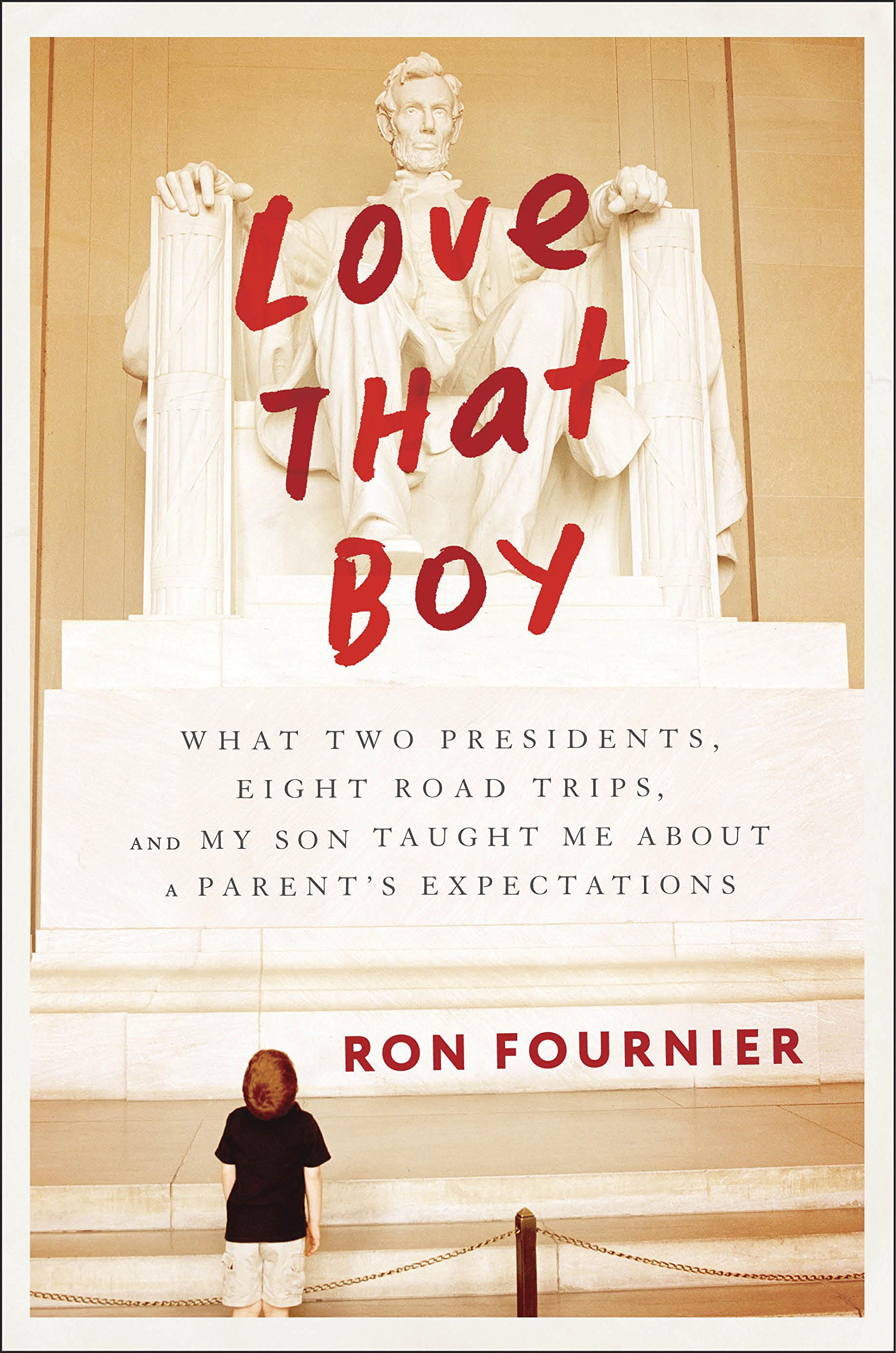
I’m no expert on parenting, but I know a few parents, including several child-development professionals who helped me contextualize my research for Love That Boy, and more than three dozen mothers and fathers who related their experiences. When parents get together, they tend to talk about their kids and their challenges. They’re not just bitching; they’re sharing—sharing hard-won wisdom and advice. Here are five lessons I’ve learned:
1. Make different cool. When my siblings and I got old enough to get in trouble, my father had a saying: “It’s cool to be different.” It was his way of giving us the courage to defy peer pressure. When everybody else seems to be skipping school, it’s cool to be different. When everybody else is smoking dope at a party, be the one cool enough to say, “No thanks.”
As a parent, I see his advice in a different light. My son, Tyler, is autistic. He is cool because he’s different. Rather than be ashamed of whatever makes your children different, embrace that uniqueness.
2. Guide; don’t push. There is a world of difference between dancing in the living room with your daughter and forcing her to take ballet classes. The first approach is a playful and authentic way to expose her to a potential hobby. The second is conflating your dreams with hers. You want to be what experts call an “authoritative parent.” Set high expectations, but respect your kids’ autonomy.
“I’m a firm believer in supporting our kids in what they want to do rather than fulfill our own expectations,” said Lynn Schofield Clark, author of The Parenting App. We spoke at length about how she tries to shift the burden of expectations and responsibility from her shoulders to those of her children. For instance, she didn’t intervene when her 16-year-old son talked online with his girlfriend past midnight during the holidays. The next day, however, she told him he was too tired and crabby to go mountain climbing. “I tried to show that the choices were about him, not me,” Clark said. “My role as a parent is to be more of a guide than a dictator.”
3. Don’t parent for the future; parent for today. Most of the pressure we impose upon our kids comes from worry about what’s around the corner. Can I get him into a good preschool? Can she play travel soccer? How many friends will he have? What kind of a guy will she marry?
Tomorrow will come. Don’t rush it.
A couple of tips for parenting in the present. First, create small moments. One weekend at a time, over the course of several years, I took my kids to every park in our county. I kept a wrinkled map in the glove box that we used to locate area parks and give them our own special nicknames (“House Park” was my favorite). When the girls were little, I told bedtime stories that I made up on the fly, with goofy characters and wild storylines. And while I put work ahead of family too often, I rarely missed birthdays, ball games, recitals and other special events.
Second, treasure every moment. Make memories. I jotted notes on the memorable outings and conversations I had with my kids. I took mental pictures. I would literally say to myself, “Don’t forget this, Ron.” And I won’t.
4. Slow down. “Contemporary hyper-parenting is a true product of our times—manufactured in a high-tech environment, according to a set of stratospherically high expectations,” wrote Dr. Alvin Rosenfeld and Nicole Wise in The Overscheduled Child. “The emphasis on perfection and perpetual motion is destroying family life.”
Their advice is simple. Limit your activities. Give yourself a break. Don’t spend money on products that distract you, appease your child, or further complicate your life. Finally (and ironically), “be discriminating about the advice you pay attention to.”
5. Be a spouse first, a parent second. The best thing I did for my kids was loving their mom. (Granted, loving Lori is the easiest thing I’ll ever do.)
The typical child will live with his or her parents for 18 to 25 years. A fortunate couple will be married at least twice as long, and their commitment to each other can be a model for their children. It’s like my dad told me when I was starting my family: “As much as I loved you guys, I never forgot that you would grow up and be gone, and I’d always be with your mom.”
All this is good. But maybe the best advice I got was from the hero of Love That Boy, my wife. The moment after Tyler was diagnosed with Asperger’s syndrome, Lori told me: “Now it’s time to step up” and spend more time with our son—travel the country visiting presidential sites and maybe get him to meet George W. Bush, Bill Clinton and Barack Obama. “You can use a job that took you away from Tyler to help him now.”
Adapted from LOVE THAT BOY: What Two Presidents, Eight Road Trips, And My Son Taught Me About A Parent’s Expectations. Copyright © 2016 by Ron Fournier. Published by Harmony Books, an imprint of Penguin Random House LLC.
More Must-Reads from TIME
- Introducing the 2024 TIME100 Next
- The Reinvention of J.D. Vance
- How to Survive Election Season Without Losing Your Mind
- Welcome to the Golden Age of Scams
- Did the Pandemic Break Our Brains?
- The Many Lives of Jack Antonoff
- 33 True Crime Documentaries That Shaped the Genre
- Why Gut Health Issues Are More Common in Women
Contact us at letters@time.com